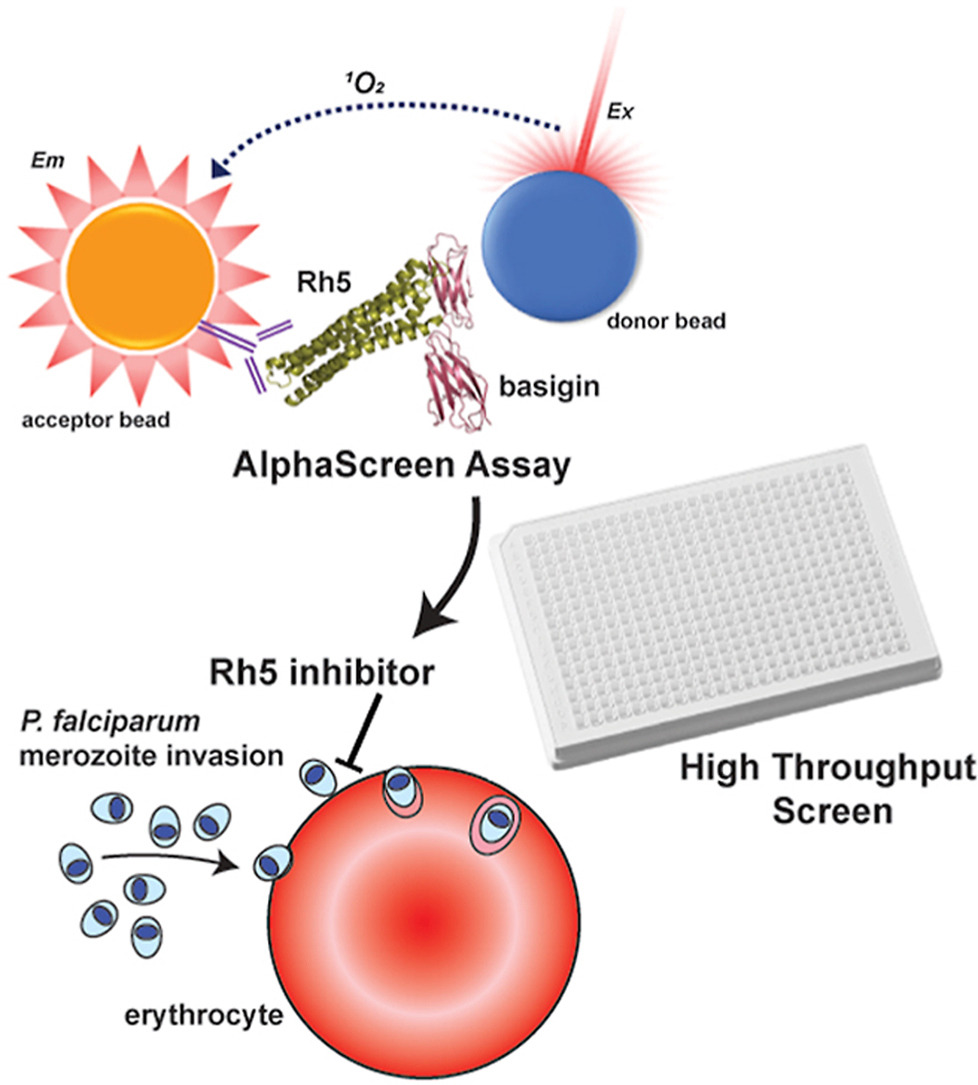#Malaria is a life-threatening disease caused by parasites that are transmitted to people through the bites of infected female Anopheles mosquitoes. It is preventable and curable.
According to the latest World malaria report, released on 30 November 2020, there were 229 million cases of malaria in 2019 compared to 228 million cases in 2018. The estimated number of malaria deaths stood at 409 000 in 2019, compared with 411 000 deaths in 2018. Children aged under 5 years are the most vulnerable group affected by malaria; in 2019, they accounted for 67% (274 000) of all malaria deaths worldwide. The WHO African Region carries a disproportionately high share of the global malaria burden. In 2019, the region was home to 94% of malaria cases and deaths. Total funding for malaria control and elimination reached an estimated US$ 3 billion in 2019. Contributions from governments of endemic countries amounted to US$ 900 million, representing 31% of total funding.
#WorldMalariaDay is 25 April and the theme for this year is “Zero Malaria – Draw the Line Against Malaria” because every malaria case is preventable, and every malaria death is unacceptable.
ASP researchers study the malaria parasite to understand it’s lifecycle and to develop drugs, vaccines and potential new treatments to combat this disease.
A recent publication from Australian researchers Brad Sleebs(1,2), Kate Jarman(1,2), Sonja Frolich(3), Wilson Wong(1,2), Julie Healer(1,2), Weiwen Dai(1), Isabelle Lucet (1,2), Danny Wilson(3) and Alan Cowman (1,2) at (1) The Walter and Eliza Hall Institute of Medical Research, (2) The University of Melbourne and the (3) University of Adelaide described “Development and application of a high-throughput screening assay for identification of small molecule inhibitors of the P. falciparum reticulocyte binding-like homologue 5 protein” published in International Journal for Parasitology: Drugs and Drug Resistance, Volume 14, December 2020, Pages 188-200 https://doi.org/10.1016/j.ijpddr.2020.10.008 (accompanying image is the graphical abstract from this publication under creative commons license).
Read the recent WHO report highlighting successes and lessons learned among the “E-2020” group of malaria-eliminating countries
See more about malaria from the World Health Organization (WHO) website
Download the latest WHO World malaria report 20 Nov 2020
Find out more malaria facts from the CDC website https://www.cdc.gov/parasites/malaria/index.html









